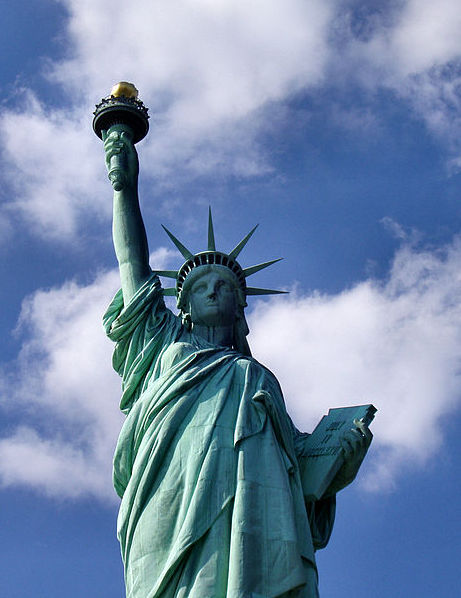United States Copyright Law
Legislation
United States copyright law is governed by the Copyright Act of 1976.
Full text of the current legislation can be found at : https://www.copyright.gov/title17/
International Treaties
Berne Convention
The United States became a member of the Berne Convention on March 1, 1989.
Under the Berne Convention, copyright protection is automatic without the need for any formal requirements. Any author who is a national or domiciliary of a country that is a Berne Convention signatory, or where the work was first published (or published within 30 days of first publication) in a Berne Convention country can claim protection under the the Berne Convention
Universal Copyright Convention
The United States has been a member of the
Under the
Under the
Other countries
There are also bilateral agreements between the United States and some other countries that may also provide protection in cases that fall outside the scope of Berne and the
Rights of copyright owners
As with all copyright legislation, United States law aims to promote progress, innovation and artistic endeavours by allowing authors or creators of applicable works to profit from their endeavours by granting them the exclusive right to control that work.
Please see our Copyright basics page for more details on the rights of copyright owners.
Duration
Under US current law, the duration of copyright for most works is:
70 years after the death of the author, or
120 years after creation or 95 years after publication (whichever is shorter) if the work was work created by an employee as part of their job (this is known as a 'work for hire' in the US).
For US works created and published or registered before 1978, the copyright duration rules are more complex, but a handy flowchart for determining duration can be found at sunsteinlaw.com
History
The first federal Act was the Copyright Act of 1790, which was based around the principals of the first British copyright legislation, the Statute of Anne.
The Copyright Act has been updated several times, including, notably, the Copyright Act of 1976 and the Sonny Bono Copyright Term Extension Act of 1998 that changed durations to their current level (and famously prevented copyright from expiring on the first Mickey Mouse cartoon "Steamboat Willie").
Fair Use
Under US copyright law, the term 'fair use' describes a limited actions that do not constitute an infringement of the copyright in a work. This generally covers the use of limited amounts of copyrighted material for purposes such as criticism & comment (including some parodies), news reporting, teaching or private research.
Fair use is a complex area, but when determining if a use is an infringement of not, courts will look at four factors:
- Purpose of the use. (e.g. commercial, educational, etc.)
- Nature of the copyrighted work.
- Proportion of the work used.
- The effect the use will have on the potential market or value of the work.
